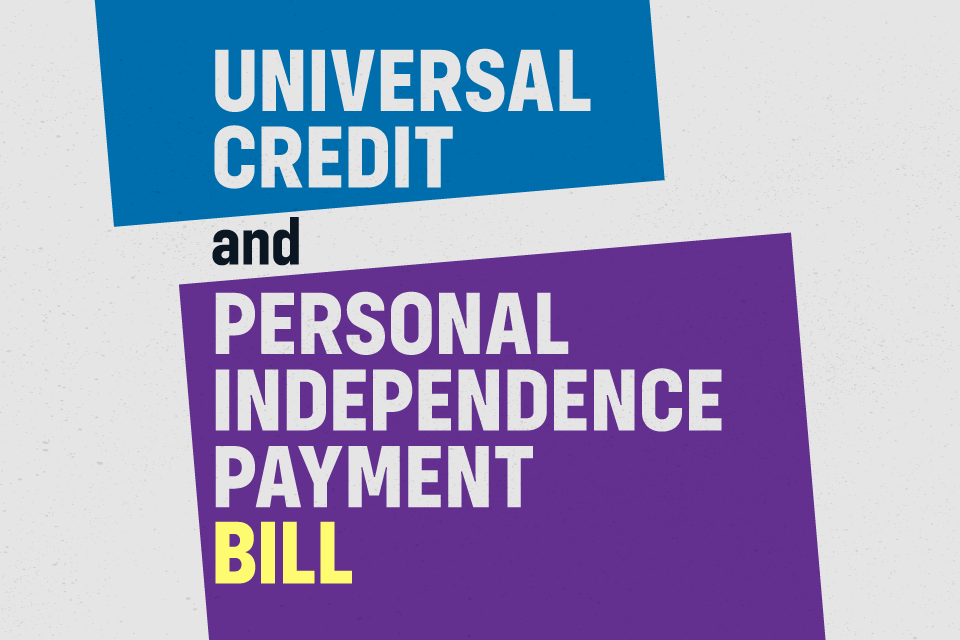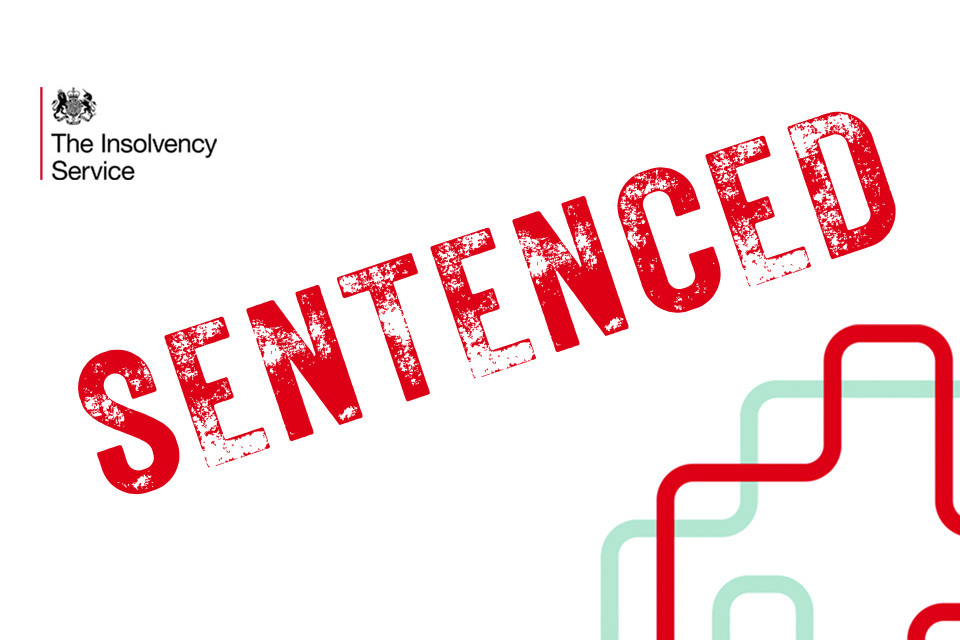- New welfare legislation to ensure there are robust protections in place to support the most vulnerable and severely disabled.
- Nearly 4 million households to benefit from uprating of Universal Credit standard rate, the largest, permanent real-terms increase to basic out of work support since 1980, according to the IFS.
- More than 200,000 people with most severe, lifelong conditions to be protected from future reassessment for Universal Credit entitlement.
- 13-week period of financial support for those affected by PIP changes as part of upcoming welfare reforms.
- Comes alongside £1 billion employment support package that will unlock opportunity and grow the economy as part of the Plan for Change.
The Universal Credit and Personal Independence Payment Bill will provide 13-weeks of additional financial security to existing claimants affected by changes to the PIP daily living component, including those who their lose eligibility to Carers Allowance and the carer’s element of Universal Credit.
The 13-week additional protection will give people who will be affected by the changes time to adapt, access new, tailored employment support, and plan for their future once they are reassessed and their entitlement ends.
This transitional cover is one of the most generous ever and more than three times the length of protection provided for the transition from DLA to PIP.
This government inherited a broken social security system, with costs spiralling at an unsustainable rate and millions of people trapped out of work. The case for change is stark
- Since the pandemic, the number of PIP awards has more than doubled – up from 13,000 a month to 34,000 a month. That is around 1,000 people signing on to PIP every day – that is roughly the size of Leicester signing up every year.
- The surge has been largely by driven by a substantial increase in the number of people who report anxiety and depression as their main condition. Before the pandemic (in 2019), 2,500 people a month were awarded PIP for these conditions, this has more than tripled to 8,200 a month in 2023.
- Almost 1 million young people – 1 in 8 – are not in education, employment or training.
- 1-in-10 people of working age are now claiming a sickness or disability benefit.
- Without reform, the number of working age people on disability benefits is set to more than double this decade to 4.3 million.
- Spending on working age disability and incapacity benefits is up £20 billion since the pandemic and is set to increase by almost that much again by the end of this Parliament, to a staggering £70 billion a year.
That’s why, through the introduction of this Bill; the government is fixing our broken social security system so it supports those who can work to do so while protecting those who cannot – putting welfare spending on a more sustainable path to unlock growth as part of our Plan for Change.
Work and Pensions Secretary Liz Kendall said
Our social security system is at a crossroads. Unless we reform it, more people will be denied opportunities, and it may not be there for those who need it.
This legislation represents a new social contract and marks the moment we take the road of compassion, opportunity and dignity.
This will give people peace of mind, while also fixing our broken social security system so it supports those who can work to do so while protecting those who cannot – putting welfare spending on a more sustainable path to unlock growth as part of our Plan for Change.
As part of our commitment to protect the most vulnerable and severely disabled, peace of mind will also be given to 200,000 individuals in the Severe Conditions Criteria group – individuals with the most severe and permanently disabling conditions who will never be able to work – as they will not be called for reassessed for Universal Credit (UC) under new legislation.
Those protected from reassessment will also be paid the higher rate of UC health top up of £97 per week, so they can live with dignity and security, knowing the reforms to the welfare system mean it will always be there to support them.
In the coming weeks, legislation will also be drafted for a Right to Try Guarantee. This will ensure that trying work will not, in and of itself, lead to a reassessment or award review, breaking down barriers to employment.
Reforms being delivered by the legislation introduced today go hand in hand with a £1 billion employment support package to support more people with health conditions back into work, unlocking opportunity and growing the economy as part of the Plan for Change.
Funding will offer personalised employment and health support for individuals on out of work benefits, with 500,000 people having already been supported into employment. This is a quadrupling the level of annual spend on supporting sick and disabled people into work, from the £275m in 2024/25 we inherited, to over £1bn in 2029/30.
Nearly 4 million households will also receive an income boost with the main rate of Universal Credit set to increase above inflation every year for the next four years – estimated to be worth £725 by 2029/30 for a single household 25 or over. This is around £250 higher than an inflation only increases.
The Bill will also rebalance Universal Credit rates by reducing the health element for new UC claims to £50 from April 2026, fixing a system which encourages sickness by paying health element recipients more than double the standard amount.
To open up opportunities to work, everyone affected by changes to the UC health element from April 2026 will be offered support from a dedicated Pathways to Work adviser, with 1,000 advisers in place across Britain.
All of those affected by reforms will be actively contacted and given the offer of a conversation about their support needs, goals and aspirations; offered one-to-one follow-on support, and given help to access additional work, health and skills support that can meet their needs.
The reforms build on the Get Britain Working White Paper that will overhaul Jobcentres, empower Mayors and local leaders to tackle inactivity, and deliver a Youth Guarantee so every young person is either earning or learning, as part of the Government’s ambition to deliver an 80% employment rate.
Additional information
- The Bill will introduce a new additional eligibility requirement for the daily living component of PIP so that a minimum of 4 points must be scored on at least one daily living activity to be eligible for the daily living component. It will also rebalance Universal Credit.
- The Work and Pensions Secretary gave a speech at the IPPR on setting out the case for reforming the welfare system Welfare reform Speech to the IPPR by Work and Pensions Secretary – GOV.UK
- Based on current forecasts, the rebalancing mean single households 25 or over, will see their standard allowance rise to around £106pw by the end of this parliament.
- Current UC health top up is more than double the UC standard allowance for a single claimant.
There are 4 criteria for the healthcare professional to consider, all of which must apply for the claimant to meet the SCC, namely whether
- The individual’s level of function will always meet LCWRA
- The individual’s condition will last for the rest of their life
- There is no realistic prospect of recovery of function, and
- The condition has been diagnosed by an appropriately qualified healthcare professional in the course of the provision of NHS services.








